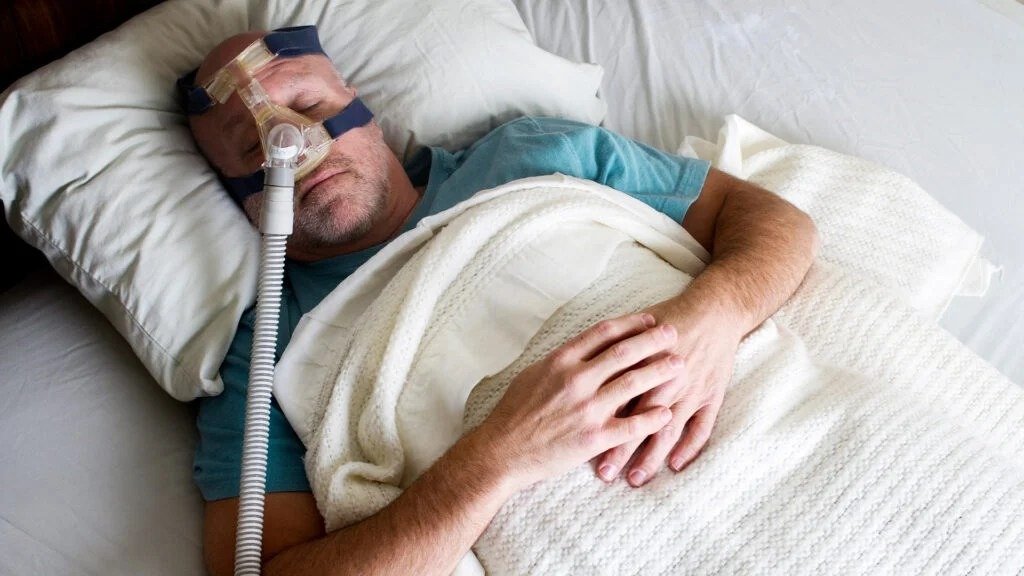Anyone experiencing breathing difficulties, such as sudden stops and starts during sleep, may be suffering from sleep apnea. You may not even realize that you have this condition until someone next to you notices you snoring loudly or having breathing pauses. Also, some people may not have snoring issues at all. You can improve this health disorder by tweaking your lifestyle. But there isn’t a cure for this. Someone with mild to moderate conditions can still expect to overcome their trouble. Nevertheless, if you suspect that you’re having difficulty sleeping, it’s best to visit your nearest ENT specialist. They can diagnose the severity and cause of the condition and also offer appropriate remedies, outlining the entire treatment journey.
For an idea, you can visit https://drkhliment.com.sg/sleep-apnea-singapore-treatment-surgery/. At the same time, here’s a quick look at what happens when you meet an ENT doctor.
Tests and diagnosis
The treatment process starts with a thorough diagnosis. The specialist will examine your health and past medical records. A sleep study can be conducted to understand the underlying issue and provide more effective solutions accordingly. One standard test is polysomnography (PSG). You need to stay at a sleeping center for one night. The technicians will attach different sensors to your body to track eye movement, brain activity, heartbeat, breathing, and other functions during sleep. It can also be arranged at home with the help of a portable monitor. ENT doctor will check your tonsils, airways, and nasal septum. You may have to measure your sleep patterns throughout the day to understand the status of the disorder. Additional examinations may also be conducted.
Sleep apnea treatment methods
Mild symptoms can be improved with small steps without relying on the machines. It includes losing weight, avoiding alcohol and sleeping pills, treating allergies, and quitting smoking. If these changes don’t help, the following steps of treatment can be tried.
- Sleep Apnea Machines: You can be advised to use a special type of machine to improve your breathing. It’s a CPAP (Continuous Positive Airway Pressure) machine. It comes with a mask for your mouth or nose to supply oxygen, allowing your throat to remain open and enabling you to breathe smoothly.
- Oral Appliances: Anyone with mild to moderate severities can use oral appliances to improve their condition. You can rely on this method if CPAP therapy doesn’t suit you. It includes a type of mouthguard that keeps your jaws and tongue in the correct position to create a clear passage for your throat.
- Surgery: When all other measures fail to produce effective results, your ENT specialist recommends surgery. It’s for people with severe conditions caused by crooked noses, misaligned jaws, enlarged tonsils, and other similar issues. Various types of surgeries can be done based on your health requirements. For example, an ENT surgeon can perform surgery to correct a deviated septum. If the tongue is interfering with your airway during sleep, surgery can be performed to trim the tissue or make it firmer. Jaw repositioning and tracheostomy are the other options.
Sleep apnea can affect the quality of your life. You may feel irritable and tired throughout the day due to insufficient sleep at night. Hence, it’s better to consult your ENT doctor and treat this condition. If not managed well, it can lead to several health complications. So, lower your risks by consulting the specialist.

